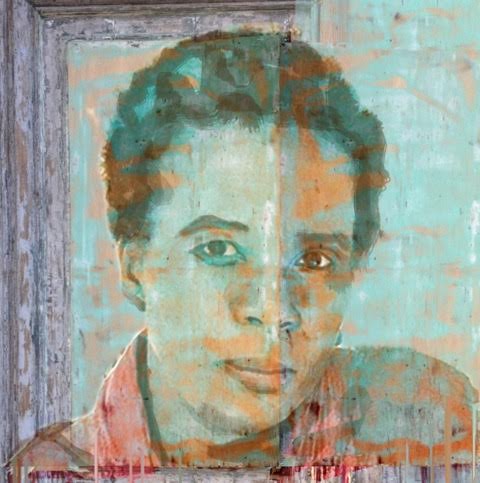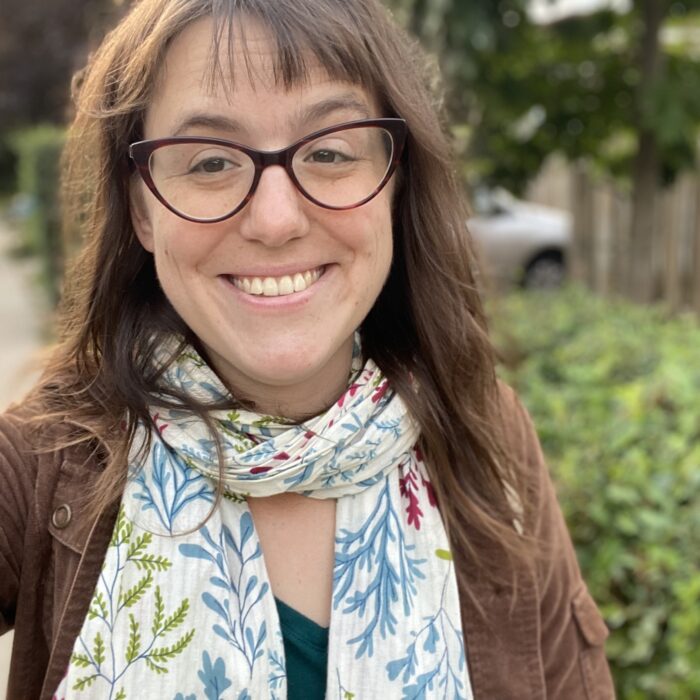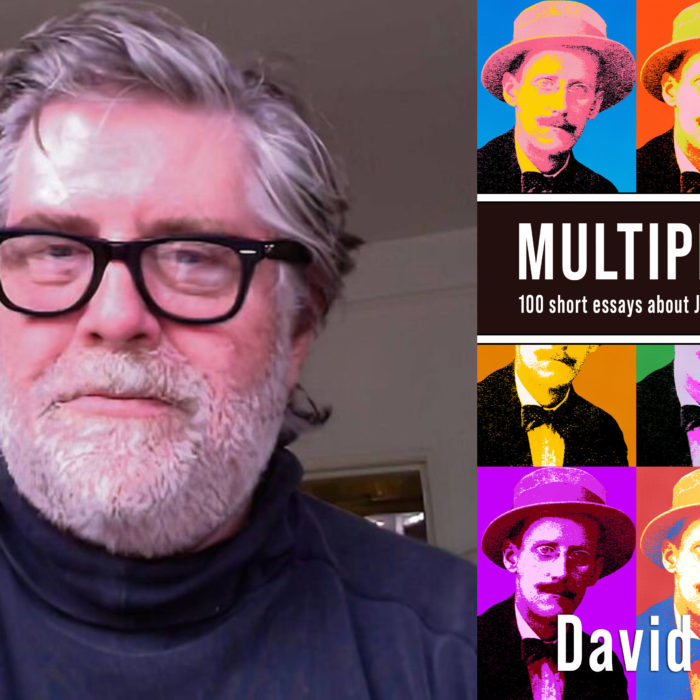You have no items in your cart. Want to get some nice things?
Go shopping
Podcast: Embed
Subscribe to Litro Lab via itunes RSS | More
Rankine’s provocative collection Citizen: An American Lyric is full of poems about casual and deliberate racism. Encounters in the classroom, subways, standing in line, they are peopled with strangers given a choice but who somehow miss the connection. Strangers who see only race, refusing to see the person behind. Sometimes they aren’t strangers, but “a colleague, a friend,” Rankine says. “It becomes a moment that has to be negotiated.”
On the train the woman standing makes you understand there are no seats available. And, in fact, there is one. Is the woman getting off at the next stop? No, she would rather stand all the way to Union Station.
Rankine: I put this book together as a way of interrogating micro-aggressions in terms of day-to-day racism in the United States. Often I’m asked––Why did you write that? And I think it’s because when macro-aggressions, huge aggressions happen people often say how did that happen? As if we haven’t been building up to that moment day-to-day, every day for hundreds of years.
[…] Deryl Dedmon, with his friends, decided that they would get into their pickup truck and drive until they saw the first black person they could see and then they would get out of their pickup truck and they would beat that person to a pulp…and so that’s what they did […] Often people think that someone like Dylann Roof is an anomaly. And he is just one of many homegrown terrorists in the United States. And you wonder, on the other side of that, what about what young men in the white bodies feel? Why they feel like killing black people will empower them in some way? Like what is lacking? What is going into the space of that lie?
In the next frame the pickup truck is in motion. Its motion activates its darkness. The pickup truck is a condition of darkness in motion. It makes a dark subject. You mean a black subject. I mean a black object.
Rankine: And so one of these kids, Dedmon, got back into the pickup truck and ran it over his crawling body on the asphalt. It was all recorded on the cameras of the motel and then the kids went to a McDonalds where Dedmon said, “I ran that nigger over” and so that was recorded. Because of those two recordings he was convicted, but none of the other teenagers with him were, until recently. The federal government reopened the case and tried them.
I had this encounter with another poet around what it means to write about race and […] his response to me was that I was naive about race […] and it led me to have conversations with people. To many people I asked the question: Can you remember a moment when you thought you were going about your day and you thought you were just interacting with somebody and suddenly racism […] created a breach that you had to step over or move away from the racist? […] And so I began to collect those stories. And in collecting that I began to fine-tune the question in different ways. I also asked many of my black male friends to describe moments when they were pulled over by the police…Recently Chris Rock was tweeting every time he got pulled over by the police. But before he did that I was going from friend to friend collecting those stories. And so that really became Citizen.
And yes, you want it to stop, you want the black child pushed to the ground to be seen, to be helped to his feet and be brushed off, not brushed off by the person that did not see him, has never seen him, has perhaps never seen anyone who is not a reflection of himself.
Litro: Do you think that a willingness to face pain is an essential part of maturing as a writer and as a human being? And could you describe a moment in your own life, a painful moment, and the art that arose from it?
Rankine: Negotiating pain it’s sort of part of what it is to be human. But I think that I when I am working I am really interested in affect. The negotiation, the interrogation of emotions […] and so in that sense it is at the centre of my practice […] I think that as I move through my life there are these moments where you come up against someone’s inability to understand something you feel is basic. That is something that should just, in my estimation, be a human recognition of some breach, some problem, some outrageous…And when it’s not there I think I laugh my way through that moment, but I think that is the recognition of the pain.
I think that when I’m working I don’t actually emotionally get involved. I think that I am thinking about language. The event usually has already happened. It’s rare that one is writing simultaneously […] So, for me, though the subjects might be painful, the writing is satisfying when it works.
Citizen has been universally praised as one of the best collections of 2014. At once courageous and inventive, her poems don’t take the shape of traditional poems. – The collection was nominated for a National Book Critics Circle Award in both poetry and criticism. It won for poetry. – There are several “scripts for situations,” texts for documentary films made with John Lucas, Rankine’s husband. Others are unmistakably lyrical, though they look like prose:
A man knocked over her son in the subway. You feel your own body wince. He’s okay, but the son of a bitch kept walking. She says she grabbed the stranger’s arm and told him to apologise: I told him to look at the boy and apologise.
I wonder how many times Rankine has felt knocked over. Her poems are full of people who are knocked over, literally, figuratively. And full of people who keep on walking. And what she’s done so beautifully in Citizen is asked us to really look at our part in the situation and see what we can do.
The above conversation has been edited for clarity and brevity.

About Mia Funk
Mia Funk, Mia has received many awards & nominations, including a Prix de Peinture (Salon d’Automne de Paris), Thames & Hudson Pictureworks Prize, Sky Arts Portrait Artist of the Year, KWS Hilary Mantel Short Story Prize, Doris Gooderson Prize, Aesthetica Magazine's Creative Works, Momaya Prize & Celeste Prize. Her paintings have been featured on radio and television, at group shows at the Grand Palais, and are held in several public collections, including the Dublin Writers Museum. She is currently working on portraits for the American Writers Museum, completing a novel and a collection of linked short stories.



